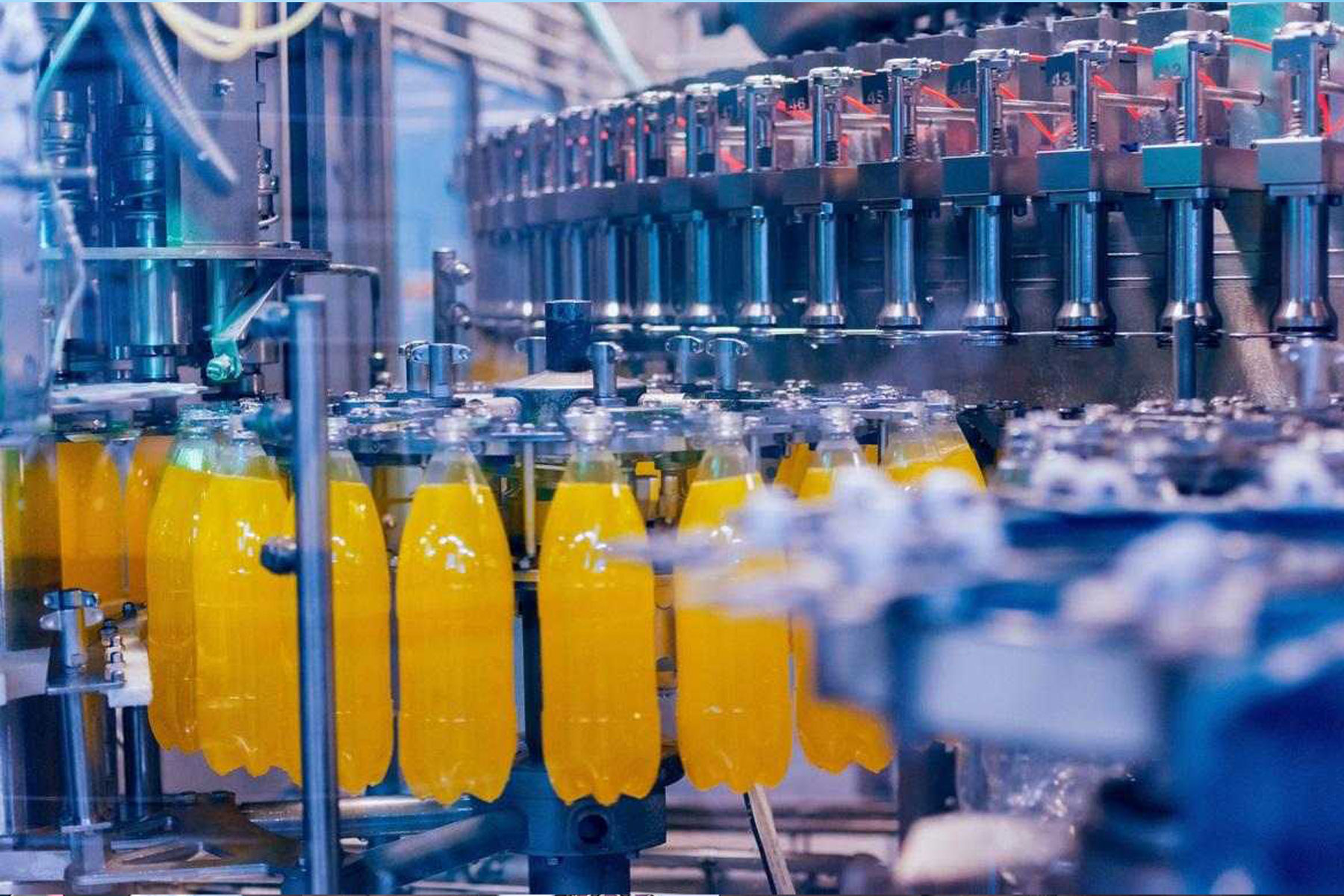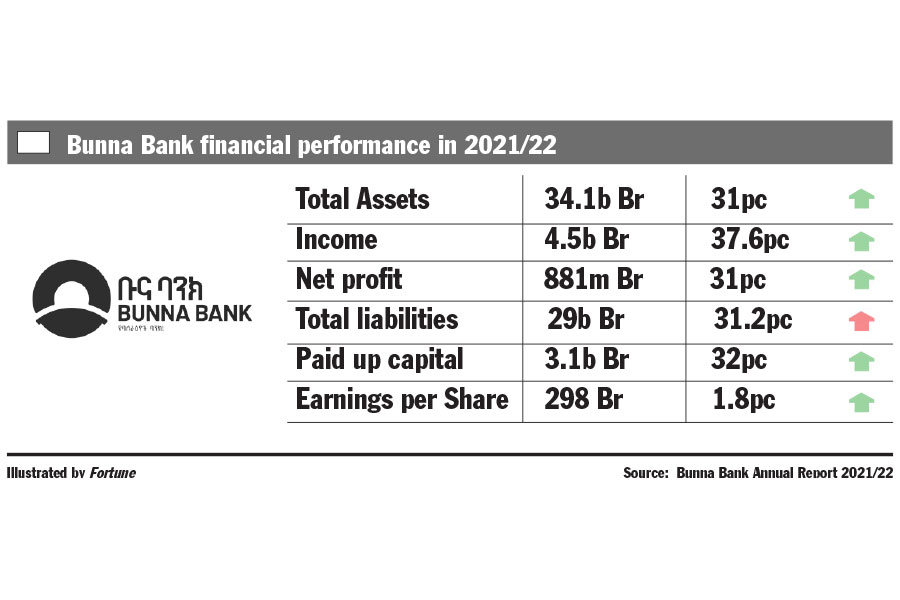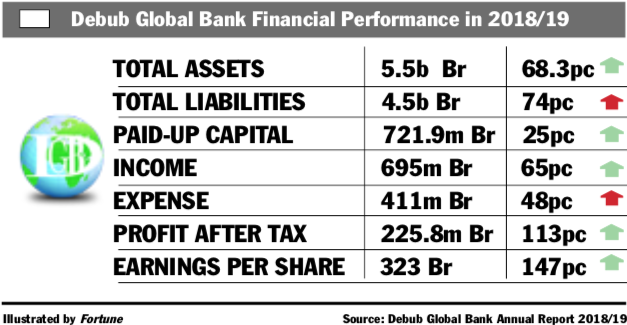
Radar | Aug 16,2020
May 2 , 2020
By HAGOS GEBREAMLAK ( FORTUNE STAFF WRITER )
Three food processors that have been challenged by shortages of raw materials due to the Novel Coronavirus (COVID-19) pandemic have received supplies worth 221 million Br from a state-run agency.
Sororo General Trading, Bruk Abebe Tafese Flour Factory and Teshome Shiferaw Food Complex are the three plants that received agro-processing raw materials from the Ethiopian Industrial Inputs Development Enterprise. The companies received wheat, soya beans and cottonseed oil.
Sororo General Trading, which owns Kiya Food Complex, received 102 million Br worth of wheat. Bruk Abebe Tafese Flour Factory has taken 30,000 quintals of wheat and soya beans, each worth 92 million Br. The Enterprise also provided Teshome Shiferaw Food Complex with cottonseed oil worth 26 million Br.
The supplies were sourced from the local market, according to Dejenu Teklemariyam, deputy chief executive officer at the Enterprise in charge of sales.
The Enterprise, which was established to supply industrial inputs to companies, operates with two models. In the first scheme, business-to-business, buyers negotiate with the suppliers and ask the Enterprise to fund the procurement with a six-month loan arrangement. In the second scheme, industries can purchase raw materials directly from the Enterprise's store.
The three companies used the business-to-business model, submitting their documents underlining the type, quality, amount, and other information about the inputs they want to procure. They also produced documents such as unconditional bank guarantees and audited financial statements. Then the Enterprise covered the costs for the three factories and procured the agro-processing inputs themselves.
“We're availing agro-processing inputs for food manufacturing enterprises to ensure the supply of food products and market stability during the pandemic," Dejenu told Fortune.
The Enterprise is also devising a strategy to supply agro-processing inputs because of the pandemic’s disruption of the food supply chain, to avoid input shortages and to stabilise the market by making enough food supplies available, according to Dejenu.
“We're in the process of procuring more agro-processing and other essential inputs for the manufacturing enterprises," he said.
Established a decade ago, Sororo General Trading, which owns the Kiya Food Complex and Sororo Tour & Travel, was supplied with 66,000 quintals of wheat.
However, the supply does not satisfy the demand of Kiya, according to Elias Masresha, co-owner of Kiya Food Complex, which can produce 2,440ql of flour and 250ql of macaroni a day.
Kiya was on the verge of ceasing production because of the shortage of supplies, wheat price inflation and the liquidity crisis, according to Elias.
“We would've stopped production if the Enterprise hadn't supplied us with wheat,” he said. “Typically, there were wheat supply shortages around the rainy season, but now, unlike before, we're encountering a very severe wheat shortage.”
The government should ensure the availability of sufficient inputs and facilitate transportation of their outputs, according to Busha Temesgen, lecturer of procurement and supply chain management at Addis Abeba University.
"It should also ensure the supply of advanced technology to make online sales possible during this dreadful situation, limiting the physical contact required to buy and sell,” recommended Busha.
Sororo, which exports pulses, spices and oilseeds and imports soap, detergent and cosmetic chemicals, used to get loans from the Oromia Cooperative Bank.
"But right now the Bank can't lend us money due to the liquidity crisis banks are facing," said Elias.
Established in 2014, Kiya has already completed the construction of the civil work of a plant to process pasta and biscuits. It is currently waiting for foreign currency to procure the machinery, according to Elias.
PUBLISHED ON
May 02,2020 [ VOL
21 , NO
1044]

Radar | Aug 16,2020

Fortune News | Apr 20,2024

Radar | Aug 10,2019

Fortune News | May 20,2023

Fortune News | Jan 29,2022

Fortune News | Sep 24,2018

Radar | May 25,2024

Fortune News | Oct 09,2021

Radar | Jan 11,2020

Fortune News | Jan 25,2020

Dec 22 , 2024 . By TIZITA SHEWAFERAW
Charged with transforming colossal state-owned enterprises into modern and competitiv...

Aug 18 , 2024 . By AKSAH ITALO
Although predictable Yonas Zerihun's job in the ride-hailing service is not immune to...

Jul 28 , 2024 . By TIZITA SHEWAFERAW
Unhabitual, perhaps too many, Samuel Gebreyohannes, 38, used to occasionally enjoy a couple of beers at breakfast. However, he recently swit...

Jul 13 , 2024 . By AKSAH ITALO
Investors who rely on tractors, trucks, and field vehicles for commuting, transporting commodities, and f...

Oct 25 , 2025
The regulatory machinery is on overdrive. In only two years, no fewer than 35 new pro...

Oct 18 , 2025
The political establishment, notably the ruling party and its top brass, has become p...

Oct 11 , 2025
Ladislas Farago, a roving Associated Press (AP) correspondent, arrived in Ethiopia in...

Oct 4 , 2025
Eyob Tekalegn (PhD) had been in the Governor's chair for only weeks when, on Septembe...